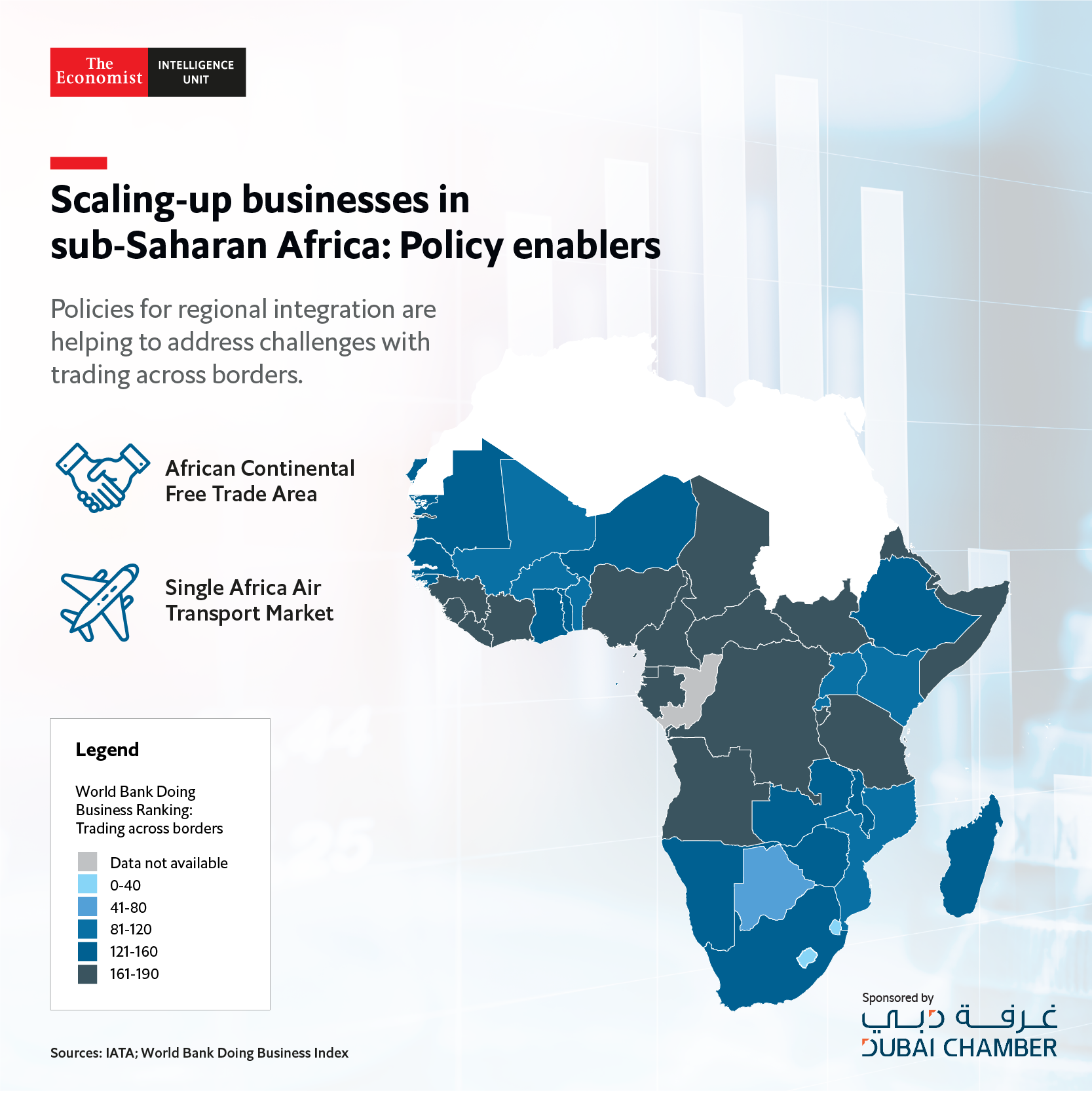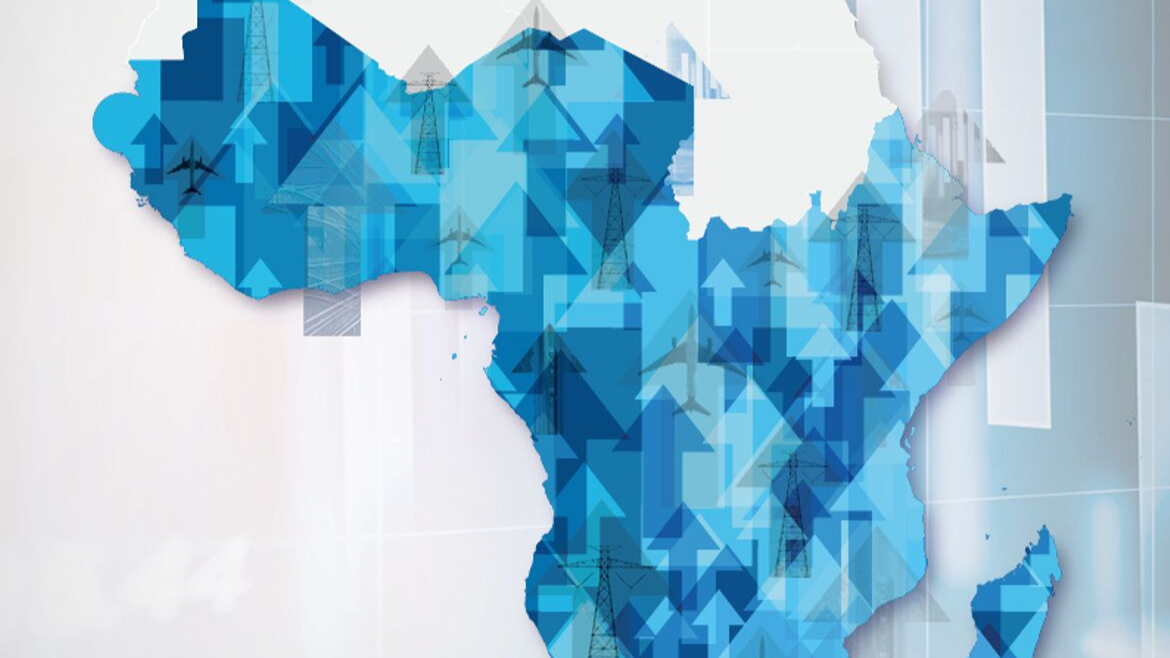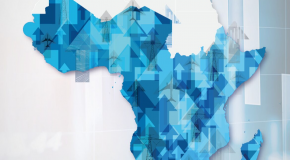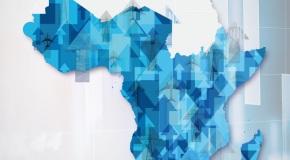
Data Snapshot: Scaling up businesses in sub-Saharan Africa: Policy enablers
Download InfographicEconomic Development
Data Snapshot: Scaling up businesses in sub-Saharan Africa: Policy enablers

Melanie is a principal at Economist Impact. She has over ten years of experience delivering consulting and thought leadership projects to public, private and not-for-profit organisations. Based in Dubai, she leads the Middle East and Africa team on research across a range of sectors including food sustainability, recycling, renewable energy, fintech, trade and supply chains. She is a specialist in advanced recycling technologies and international trade. She is a seasoned moderator, having chaired numerous panel discussions and presented Economist Impact's research at global in-person and virtual conferences.
Before joining The Economist Group, she was a senior analyst at MEED Insight, a research and consulting firm serving Middle East and North Africa. At MEED, she developed expertise in bespoke market studies and financial modelling across a range of sectors spanning construction, finance, power and water, oil and gas, and renewable energy. She held previous posts at the Office of the Chief Economist at the Dubai International Financial Centre and at the San Francisco Center for Economic Development. Melanie has an MSc in International Strategy and Economics from the University of St Andrews and a bachelor’s degree in business administration.
Related content

Promise and perils: Scaling up businesses in sub-Saharan Africa
Promise and perils: Scaling up businesses in Africa is an Economist Intelligence Unit report, sponsored by Dubai Chamber of Commerce and Industry. The report examines the factors enabling businesses in sub-Saharan Africa (SSA) to scale up. We consider the policy environment, state of technology and infrastructure, and financing options that allow businesses to access markets in other countries on the continent and beyond. In addition, it explores the role of foreign investors in facilitating business expansion, focusing on those based in the Gulf Co-operation Council (GCC) countries.
This video presents findings from our upcoming report Promise and Perils: Scaling up businesses in sub-Saharan Africa. The report will launch ahead of the Africa Global Business Forum in Dubai on 18th and 19th November 2019.

Data Snapshot: Scaling up businesses in sub-Saharan Africa: Technology and...

The Hinrich Foundation Sustainable Trade Index 2018
Yet the enthusiasm in Asia for trade does not appear to have waned. This broad societal consensus behind international trade has enabled Asian countries to continue broadening and deepening existing trading relationships, for example, by quickly hammering out a deal for the Comprehensive and Progressive Agreement for Trans-Pacific Partnership (CPTPP) in early 2018 following the US’s withdrawal from its predecessor in 2017.
Asia, then, finds itself in the unique position of helping lead and sustain the global economy’s commitment to free and fair trade. It is in this context that the need for sustainability in trade is ever more crucial.
The Hinrich Foundation Sustainable Trade Index was created for the purpose of stimulating meaningful discussion of the full range of considerations that policymakers, business executives, and civil society leaders must take into account when managing and advancing international trade.
The index was commissioned by the Hinrich Foundation, a non-profit organisation focused on promoting sustainable trade. This, the second edition of the study, seeks to measure the capacity of 20 economies—19 in Asia along with the US—to participate in the international trading system in a manner that supports the long-term domestic and global goals of economic growth, environmental protection, and strengthened social capital. The index’s key findings include:
Countries in Asia, especially the richer ones, have broadly regressed in terms of trade sustainability. Hong Kong is developed Asia’s bright spot, recording a slight increase in its score and topping the 2018 index. Several middle-income countries perform admirably, led by Sri Lanka. For the economic pillar, countries generally performed well in terms of growing their labour forces as well as their per-head GDPs. For the social pillar, sharp drops for some countries in certain social pillar indicators contribute to an overall decline. For the environmental pillar, with deteriorating environmental sustainability in many rich countries, China, Laos and Pakistan are the only countries to record increases in scores. Sustainability is an ever more important determinant of FDI and vendor selection in choosing supply-chain partners. Companies are improving the sustainability of their supply chains by restructuring and broadening relationships with competitors and vendors.
